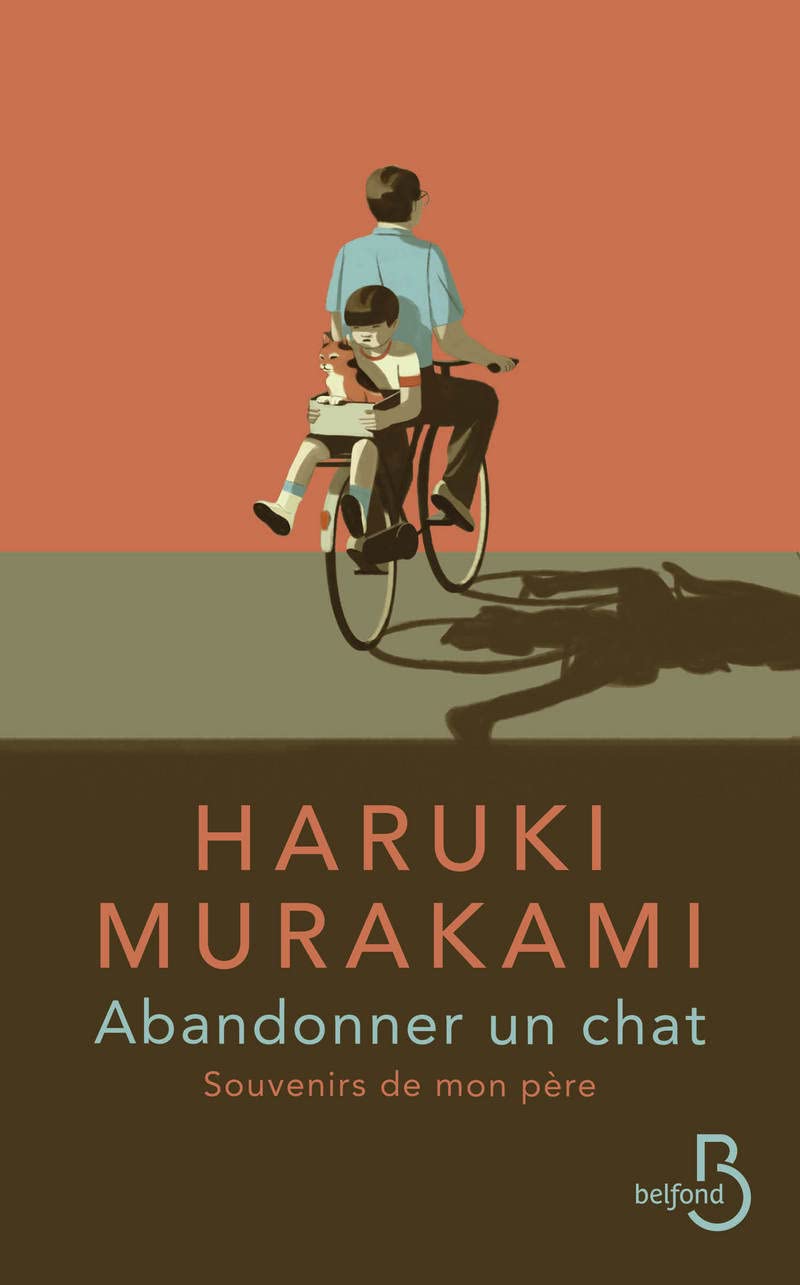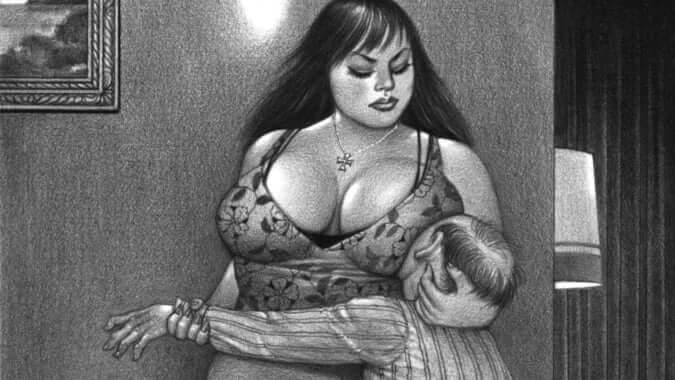‘Abandoning a Cat’, a Tribute to a Father
In this short autobiographical text, Haruki Murakami shares details of the relationship he had with his father.

© Éditions Belfond
Japanese author Haruki Murakami’s autobiographical text begins with him sharing a somewhat surprising memory: when he was around five years of age, the young boy and his father travelled by bike to the beach to leave their female cat there.
Why? Haruki Murakami doesn’t remember. What he does recall, however, is his father’s delighted and relieved expression when the pair returned home and he came face to face with the cat in question, which had arrived back at the house before them.
Reviving memory
This failed attempt at abandonment, indeed one from which the text takes its name, is one of the memories compiled by the author in his 80-page work. The reader learns about the author’s childhood and adolescence exclusively through anecdotes relating to this taciturn father, who largely remained an enigma to his son.
‘I don’t know how interesting these personal memories will be to readers. But I can only think that by writing them down, I need to revive my memory, to reconsider the past and transform it into sentences and words that can be seen, that can be read aloud’, Haruki Murakami states in his text. Life went by and the brain made its choice between events that left an indelible mark and others that were no less important but that faded into the oblivion of the mind.
In Abandoning a Cat, the reader discovers that the small stories are linked to larger ones, and that the fate of his poet father, who dreamt of being a Buddhist monk, certainly would not have been quite the same had his existence not been marked by two wars, the Sino-Japanese war and the Second World War. Haruki Murakami even comes to wonder whether he would have existed himself. Death, the meaning of life, truth and filiation are themes that run throughout the author’s body of work, and they also punctuate this text. ‘I am the ordinary son of an ordinary man’, the author concludes. It is undoubtedly difficult to act as both judge and jury.
Abandoning a Cat, a text by Haruki Murakami, not currently available in English. A short extract is published in The New Yorker, translated from the Japanese by Philip Gabriel.
TRENDING
-
Ishiuchi Miyako, A Singular Perspective on Women
Recipient of the 2024 Women in Motion Award, the photographer creates intimate portraits of women through the objects they left behind.

-
Recipe for Ichiraku Ramen from ‘Naruto’ by Danielle Baghernejad
Taken from the popular manga with the character of the same name who loves ramen, this dish is named after the hero's favourite restaurant.

-
Namio Harukawa, Master of Japanese SM Art
'Garden of Domina' offers a dive into the world of an icon of ‘oshiri’, whose work has now reached a global audience.

-
The Tattoos that Marked the Criminals of the Edo Period
Traditional tattoos were strong signifiers; murderers had head tattoos, while theft might result in an arm tattoo.

-
The Emperor of Japanese Porn is Now the Star of a Netflix Series
Deliciously funny, The Naked Director especially succeeds in reviving the atmosphere that was so characteristic of 1980s Japan.





